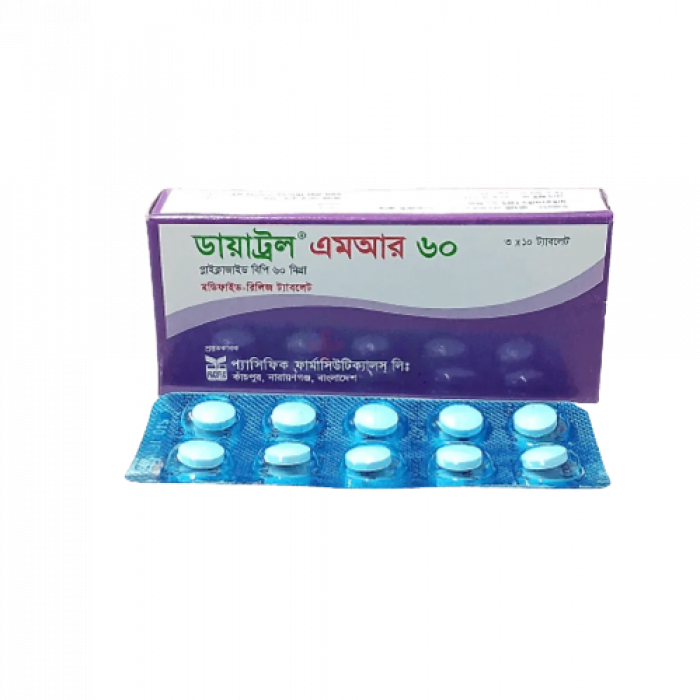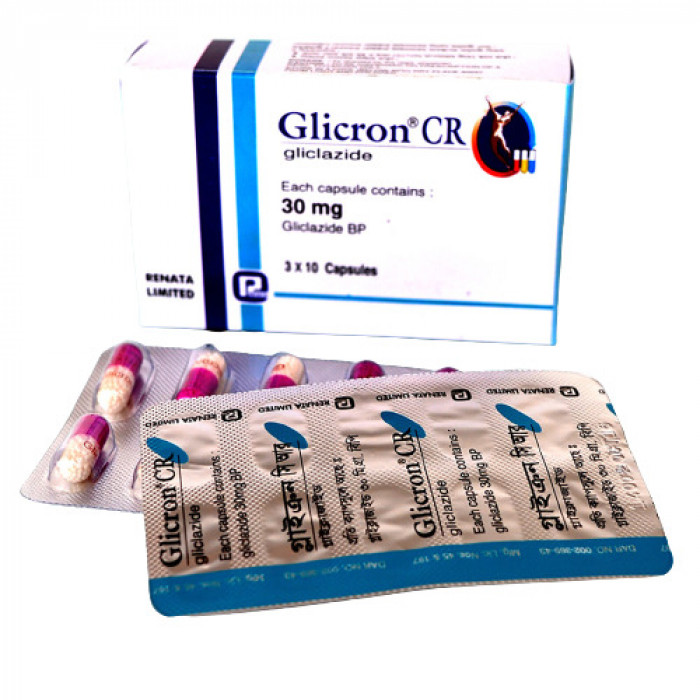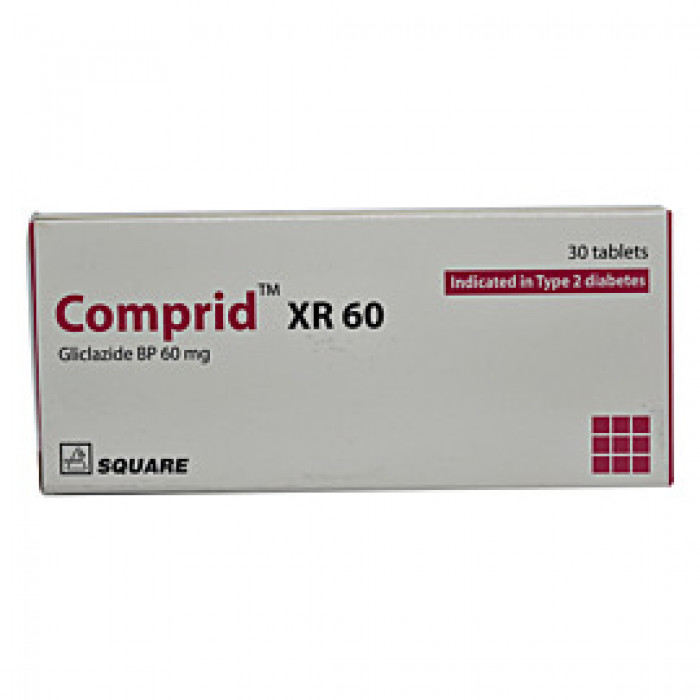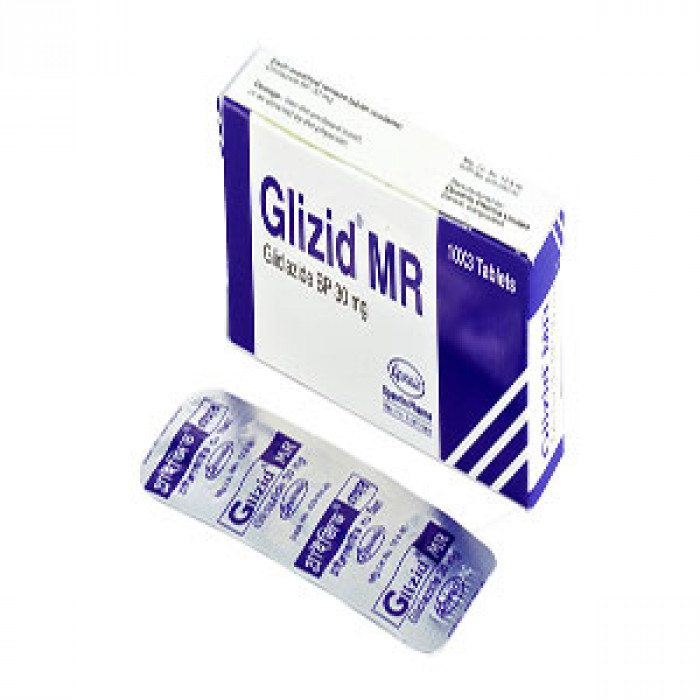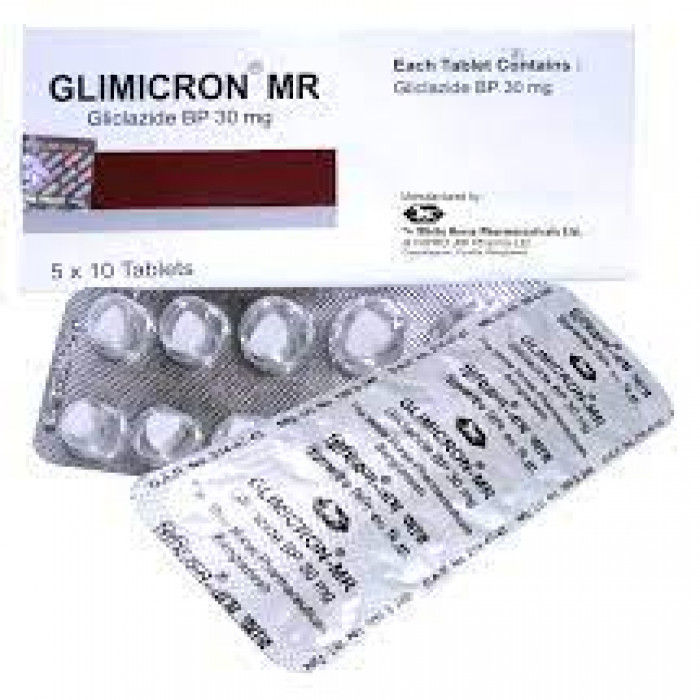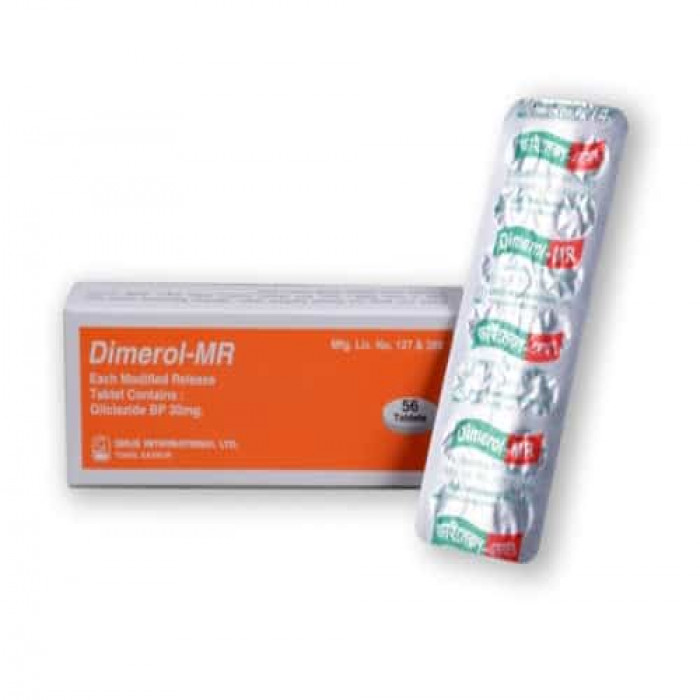
✔ 100% Authentic Product
👁️ Currently Viewing 2185
Dimerol MR 30mg 10pcs
Tablet, Manufacturer/Distributor: Drug International Ltd. Generic Name: Gliclazide 30 mg Tablet
Discount
Price: ৳ 80
MRP:
৳
84.7
5%
Off

100% Genuine Products, Guaranteed

Safe & Secure Payments, Always

Fast, Secure & Efficient Delivery

Proper Packaging
 Cash on Delivery - All over Bangladesh
Cash on Delivery - All over Bangladesh Regular Delivery - 12-24 Hours, Dhaka City* Charge Tk.39-59
Regular Delivery - 12-24 Hours, Dhaka City* Charge Tk.39-59 Regular Delivery - 24-48 Hours, Other Cities* Charge Tk.99-110
Regular Delivery - 24-48 Hours, Other Cities* Charge Tk.99-110
🌙 রমযান অফার 🌙
 ফ্রি ডেলিভারিঃ - ৭৯৯ টাকা+ অর্ডারে, ঢাকা
শহরে
ফ্রি ডেলিভারিঃ - ৭৯৯ টাকা+ অর্ডারে, ঢাকা
শহরে ফ্রি ডেলিভারিঃ - ২৭৯৯ টাকা+ অর্ডারে, ঢাকার
বাহিরে
ফ্রি ডেলিভারিঃ - ২৭৯৯ টাকা+ অর্ডারে, ঢাকার
বাহিরে
📲 মোবাইল অ্যাপ অর্ডারে সাশ্রয় বেশী
-
Google Play Store থেকে ডাউনলোড
-
Apple Store থেকে ডাউনলোড
100% Genuine Products, Guaranteed
Safe & Secure Payments, Always
Fast, Secure & Efficient Delivery
Proper Packaging
 Cash on Delivery - All over Bangladesh
Cash on Delivery - All over Bangladesh Regular Delivery - 12-24 Hours, Dhaka City* Charge Tk.39-59
Regular Delivery - 12-24 Hours, Dhaka City* Charge Tk.39-59 Regular Delivery - 24-48 Hours, Other Cities* Charge Tk.99-110
Regular Delivery - 24-48 Hours, Other Cities* Charge Tk.99-110 ফ্রি ডেলিভারিঃ - ৭৯৯ টাকা+ অর্ডারে, ঢাকা
শহরে
ফ্রি ডেলিভারিঃ - ৭৯৯ টাকা+ অর্ডারে, ঢাকা
শহরে ফ্রি ডেলিভারিঃ - ২৭৯৯ টাকা+ অর্ডারে, ঢাকার
বাহিরে
ফ্রি ডেলিভারিঃ - ২৭৯৯ টাকা+ অর্ডারে, ঢাকার
বাহিরে- Google Play Store থেকে ডাউনলোড
- Apple Store থেকে ডাউনলোড
🌙 রমযান অফার 🌙
📲 মোবাইল অ্যাপ অর্ডারে সাশ্রয় বেশী
✅ Description:
Gliclazide is indicated for control of blood glucose in patients with non-insulin dependent diabetes mellitus (Type-II, maturity onset diabetes mellitus) whose hyperglycemia cannot be controlled by diet alone.
Dosage: Adult: The usual initial dose of Gliclazide is 40 to 80 mg daily, gradually increased, if necessary up to 320 mg daily until adequate control is achieved. A single dose should not exceed 160 mg. When higher doses are required it should be taken twice daily, according to the main meals of the day. For extended release tablet the initial recommended dose is 30 mg daily, even in elderly patients (>65 years); the daily dose may vary from 30 to 120 mg taken orally, once daily.
Gliclazide extend release tablet should be taken with food because there is increased risk of hypoglycemia if a meal is taken late. It is recommended that the medication be taken at breakfast time. If a dose is forgotten, the dose taken on the next day should not be increased. Dose titration should be carried out in steps of 30 mg, according to the fasting blood glucose response. Each step should last for at least two weeks. Gliclazide extend release tablet should be neither broken nor chewed. Gliclazide extend release tablet 30 mg, can replace Gliclazide 80 mg tablets for doses of 1 to 4 tablets per day.
Elderly: Plasma clearance of Gliclazide is not altered in the elderly and steady state plasma levels are similar to those in adults under 65 years. Clinical experience in the elderly shows that it is effective and well tolerated.
Children: Gliclazide as with other sulfonylureas is not indicated for the treatment of juvenile onset diabetes mellitus.
Side effects: Hypoglycemia may occur in concurrent conditions such as hepatic & renal diseases, alcohol intoxication and adrenal and pituitary insufficiency. Mild gastro-intestinal disturbances including nausea, dyspepsia, diarrhea, and constipation have been reported but these types of adverse reactions can be avoided if Gliclazide is taken during a meal. Allergic dermatological reactions including rash, prurits, erythema, bullous eruption have been reported during treatment with the drug but are not known to be directly attributable to it. More serious reactions like leucopenia, thrombocytopenia, agranulocytosis, pancytopenia, hemolytic anemia, cholestatic jaundice, GI hemorrhage have not been reported with Gliclazide.
⚠️Disclaimer:
At ePharma, we’re committed to providing accurate and accessible health information. However, all content is intended for informational purposes only and should not replace medical advice from a qualified physician. Please consult your healthcare provider for personalized guidance. We aim to support, not substitute, the doctor-patient relationship.




